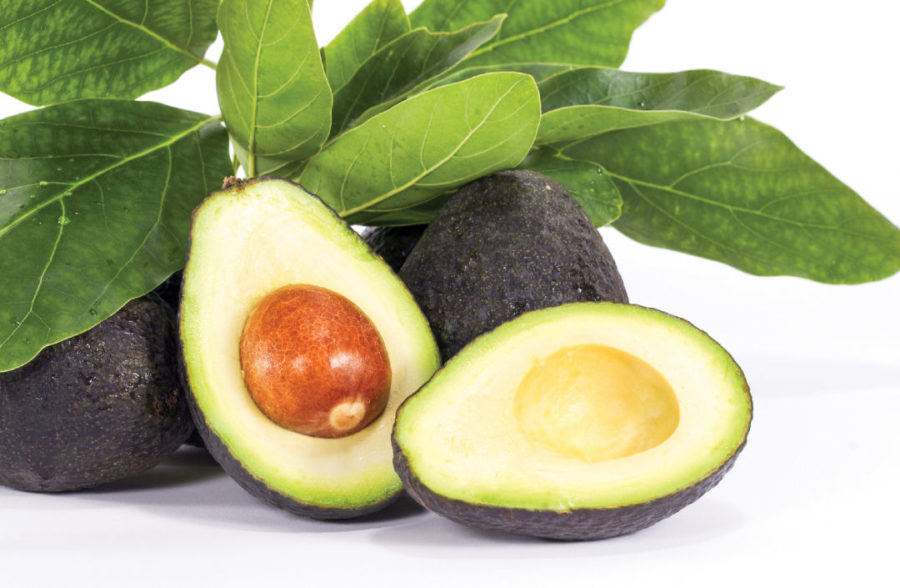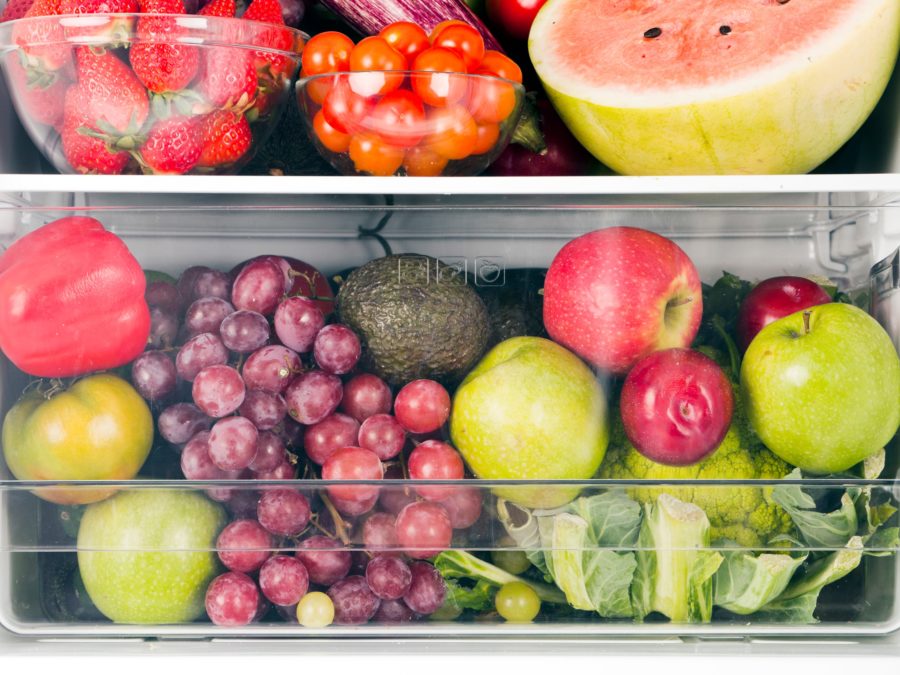From Martha Stewart
We’re setting the record straight about which types of produce require refrigeration.
Fresh fruits and vegetables are nutritious and delicious, whether home-grown or purchased. They are also perishable. Knowing how to store produce correctly extends its life, makes the most out of seasonal bounty, and reduces food waste. Some fruits should be refrigerated at once, but others may not ripen in the cold and are best kept out on the counter, then chilled. Some vegetables should be kept chilled, while others need to be kept in the airy dark. Simply put, there’s a lot of variation, which mean it’s very helpful to know what goes where, and why. Here is our primer on how to store fresh produce properly.
A quick aside: The phrase “on the counter” might literally mean the kitchen counter for you, but it can include other storage areas, like beneath your kitchen island, in a walk-in pantry, in hanging produce baskets, or on an open shelf. In other words, wherever you have room!
Fruits That Should Not Be Stored in the Refrigerator
Apricots, Asian pears, avocado, bananas, guava, kiwis, mangoes, melons, nectarines, papayas, passion fruit, pawpaw, peaches, pears, persimmons, pineapples, plantain, plums, starfruit, soursop, and quince will continue to ripen if left out on the counter. When perfectly ripe, they can be refrigerated for a few days to extend their usefulness a little longer (yes, even bananas: while their skins may blacken the fruit will be unspoiled).
Vegetables That Should Not Be Stored in the Refrigerator
Garlic and onions (but not scallions!) still in their skins can stay on the counter, but once peeled or cut, keep them wrapped in the fridge. Store them apart from potatoes, as potatoes emit some ethylene that can cause the onions to sprout.
Potatoes, taro, sweet potatoes, and yuca (cassava, manioc) should not be refrigerated. Keep these starchy tubers in a cool, dark, airy space, loosely stacked in a bowl or bins, but not in plastic bags (or moisture will accumulate and will encourage mold and deterioration). Tomatoes (technically a fruit) should be left out on a counter, even when ripe (they will lose flavor when chilled). Winter squash (that is squash with hard shells such as butternut, delicata, and kabocha) can stay out on or under the counter.
Fruit That Should Be Stored in the Refrigerator
So, what fruits and vegetables should be kept cold? First, some general guidelines for refrigerating produce: For organization and better food preservation in your fridge, use separate, reusable plastic bags, or better yet (for the planet), lidded plastic containers or lightweight stainless steel containers. Do not combine fruits and vegetables in a single container, as ethylene given off by some fruit (like apples, peaches, and pears) can spoil some vegetables (lettuce and crucifers are especially susceptible). Certain groups of produce can be stored together: root vegetables with their leaves removed— like beets, radishes, and turnips—can be combined in a single container. Different citrus fruits can be kept together. Salad leaves (from lettuces to Asian greens) can be mixed and sealed in the same container. Seal some produce tightly, give other types room to breathe: Most vegetables (dry, never wet) can be wrapped or sealed tightly in your container of choice for best storage. With the exception of soft berries, whole fruits are better off in an unsealed container.
Apples that you intend keeping long term (beyond a week and up to a few months) should be kept chilled. They do not have to be wrapped, but they do emit ethylene, so your other produce should be kept separate. Soft berries tend to spoil quickly and should be eaten within a couple of days of purchase. In the meantime, keep them cold, and do not wash them until you are ready to eat them. The list of berries includes blackberries, blueberries, cranberries, currants, grapes, strawberries, and raspberries.
Cherries should be chilled and can be kept refrigerated in an open bowl or container. While some sources suggest leaving citrus fruit at room temperature, in our experience ripe citrus lasts significantly longer if kept chilled. The fruits do not need to be wrapped or sealed and fare best when kept in an open container in a produce drawer. Figs, longans, lychees, mangosteens, and pomegranates all last longer if kept chilled. (Other tropicals can be left out until ripe and then refrigerated until you are ready to eat them.)
Vegetables That Should Be Stored in the Refrigerator
Most vegetables last longer when kept chilled. The list includes: artichokes, asparagus, beans (fresh, unshelled), beets, Belgian endive, broccoli, broccolini, Brussels sprouts, cabbage, carrots, cauliflower, celery, chiles, corn, cucumber, eggplant, fennel, herbs, horseradish, jicama, Jerusalem artichoke, kohlrabi, leafy greens, leeks, mushrooms, nopales (cactus paddles), okra, peas, peppers, purslane, radicchio, radishes, rhubarb, roselle, salad leaves, salsify, scallions, spinach, sprouts, summer squash, tomatillos (in an open container).
































